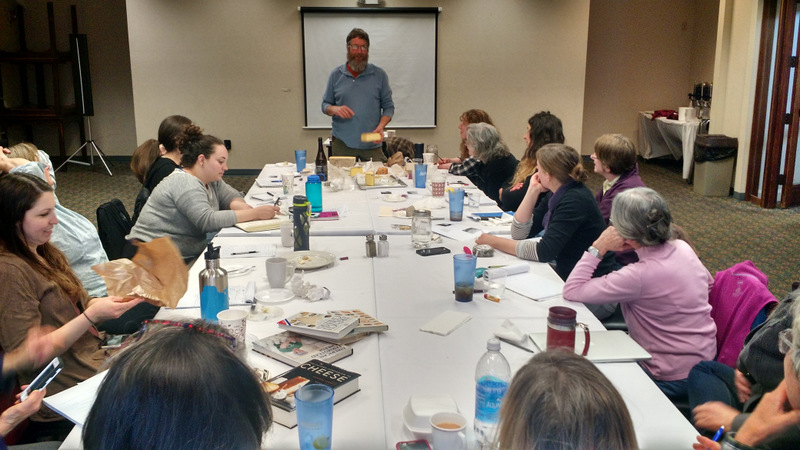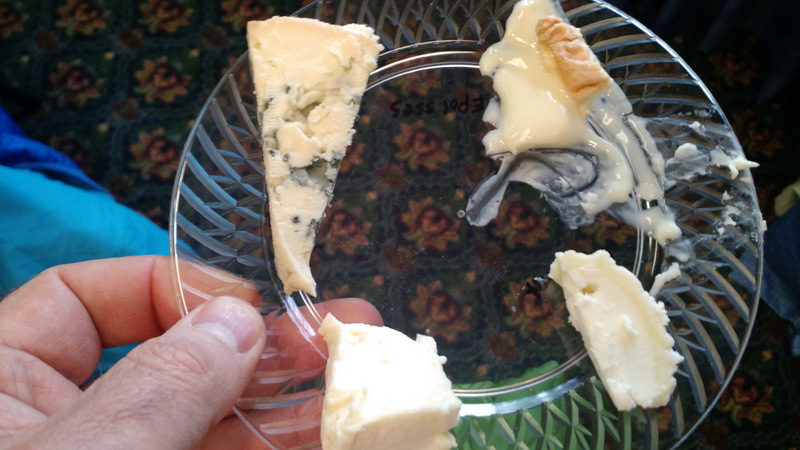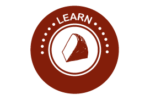A new Maine cheese from a new Maine cheesemaker — Josh Pond — has gotten a prominent mention in the New York Times food section today. Josh Pond in Whiting began as a blueberry farm, as branched out into other blueberry products (their preserves are also featured in the same article) and also has a small goat herd that provides milk to make “small batches of artisanal raw-milk cheeses.” They’ve now also begun making a cows milk cheese using milk from Tide Mill Farm to make their newest cheese — Beauregarde — “a firm, smooth tomme-style cheese with a blue-gray rind, a fruity aroma and a full-bodied, slightly tangy flavor.”
Author Archives: Monroe Cheese Studio
LD 725 Signed By Maine’s Governor
Despite the Guild’s — and many other dairy interests — public testimony against LD 725 An Act To Recognize Local Control Regarding Food Systems, the Governor signed a modified version into law on June 16th. It asserts the right of municipalities to regulate “food systems” within their municipal boundaries, but also specifies that food “intended for wholesale or retail distribution outside of the municipality” must still be regulated by State rules.
However, this will allow the legal sale of unlicensed cheese and dairy products at local farmers markets (depending on the market’s own rules regarding their vendor’s licensing requirements) as well as food retailers. It may be obvious to point out that this also means that non-residents of these municipalities that have deregulated food production can travel to those markets to purchase un-regulated food. It is also not clear how fully customers will be notified about items that are not produced under State regulations, and how well a consumer will have access to and be able to grasp the municipal regulations (or lack of) which are likely to differ in each town.
Linked here is the Guild’s public testimony given at the Ag Committee’s hearing on LD 725.
Peter Dixon Reverse Engineering Workshop

Peter Dixon led 17 of us on Apr 5th through a workshop on how to “reverse engineer” a cheese that we like to eat and want to learn how to make. We specifically covered four different cheeses–
–but then discussed many other typs and how to replicate specific flavors and/or textures in our own cheeses.

(starting top left, moving clockwise): Bleu d’Auvergne, Epoisses, Coupole, Crement
In addition to covering investigation and research, we tasted examples of all the cheeses and broke them down categorically.
During the last portion of the workshop the participants had a chance to share their own cheeses with challenges to get feedback from Dixon and others in the group. Peter also shared samples of a few of his interesting current cheeses.
It was a great day. Thanks to Mary Belding and Jessie Dowling for organizing the workshop!


